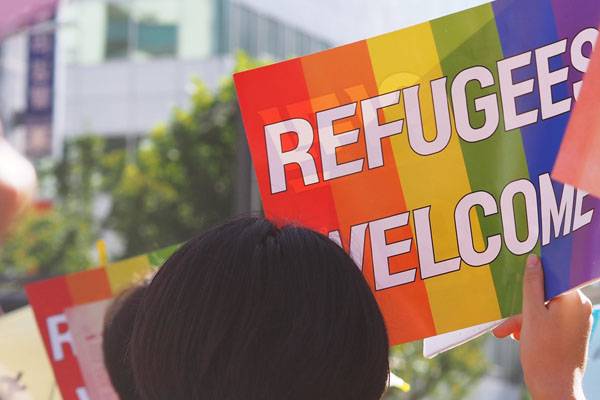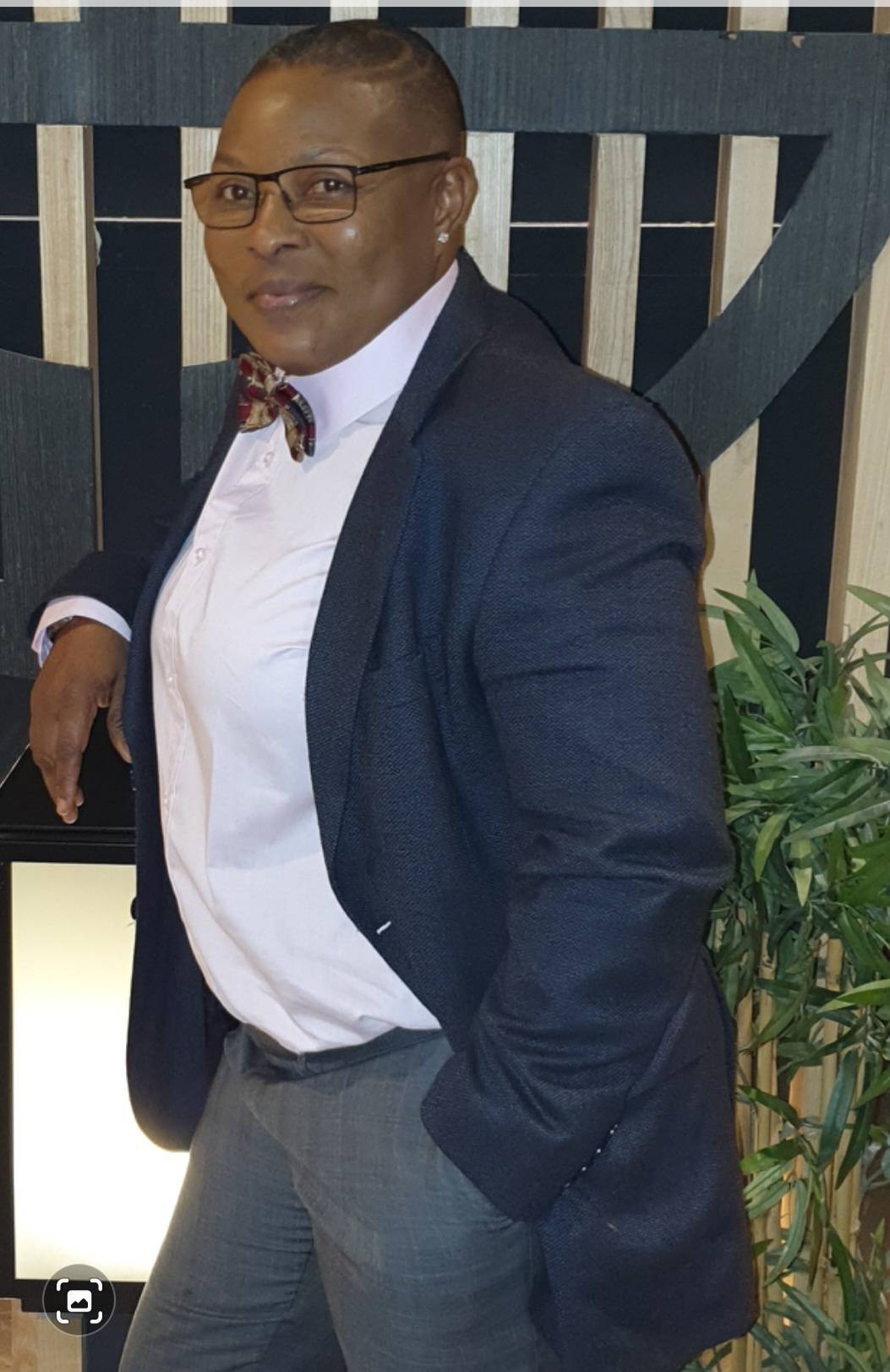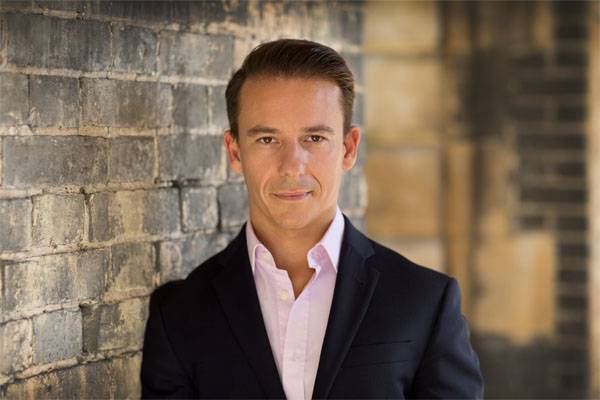Refugee And LGBTQ+ Groups Urge UK Government to Consider Fairer Alternatives to "Cruel" And "Abhorrent" Borders Bill
News
Hundreds of LGBTQ+ and refugee groups in the UK have signed a pledge to fight the "anti-refugee" laws contained in the Nationality and Borders Act 2022, passed by parliament at the end of last week. The UK government has gone ahead and followed in the footsteps of Denmark, by introducing a Nationality and Border Bill to process asylum claims outside the European Union, despite warnings of the dangers to LGBTQ+ people, and being condemned by the African Union as “responsibility and burden shifting”.

Over the last few days, over 250 UK human rights organizations, including many LGBTQ+ and refugee groups, have stressed the need for the bill to be repealed, and are imploring the government to seek safer and fairer alternative solutions to offshoring refugees seeking asylum to Rwanda for processing. The pledge drafted by Asylum Matters and Refugee Action, in partnership with a number of other organizations working on asylum and refugee issues across the UK, urges the government to offer sanctuary to those who need it “equally and fairly,” and provide a refugee protection system that treats all people with “dignity and compassion."
Several LGBTQ+ refugees groups have warned the UK government for months of the risk that the Nationality and Borders Bill creates for LGBTQ+ people in particular. “A person’s sexual orientation is already frequently and incorrectly disputed, and the Nationality and Borders Bill will make it even more difficult for a person to ‘prove’ that they are, for example, gay,” highlighted Rainbow Migration, a charity supporting LGBTQ+ people through the UK's asylum and immigration system.
Many like Leila Zadeh, executive director of Rainbow Migration, believes the bill poses a serious threat to those currently in the process of gaining asylum, as well as those who look to seek it in the future. "This bill will make it extremely difficult for any LGBTQ+ person, who's afraid of being hurt, or possibly even killed in their country of origin, to get long term protection in the UK,” she stressed.
In fact, all the refugee groups interviewed by myGwork over the last week unanimously agree that the cruel bill and abhorrent plans to offshore refugees for processing to Rwanda, will pose life-threatening dangers especially for LGBTQ+ people already fleeing persecution and violence. “Treating people who have already endured so much suffering like human cargo and expelling them to Rwanda, a country with a questionable human rights record, is cruel, and inhumane. We know that some Rwandan nationals do not feel safe there, leave and claim asylum in other nations, including the UK,” Enver Solomon, CEO of the Refugee Council, told myGwork. “This Government’s decision to differentiate refugees purely on the basis of how they enter the UK undermines a key principle of the UN refugee convention. People desperately fleeing war and persecution should always have a fair hearing on British soil.”
There are many dangers that LGBTQ+ people seeking asylum who are offshored to Rwanda, would face. For example, "the UK government would not have a direct oversight of people's human rights to being recognized as refugees protected,” pointed out Aderonke Apata, founder and CEO of African Rainbow Family. “Particularly worrisome, is the further homophobic and transphobic persecution that LGBTQ+ people seeking asylum would face offshore. LGBTQ+ people seeking asylum flee their home countries in seeking safety in the UK, only to be sent offshore again where they would not have any redress to homophobic and transphobic attacks on them. The effects of offshoring and potential hate crimes on LGBTQ+ people seeking asylum amount to double jeopardy for LGBTQ+ people seeking asylum.”

Sending people who are seeking asylum in the UK to Rwanda “is as good as the UK government withdrawing from the 1951 Convention Relating to the Status of Refugees and other related Refugee Protection Laws which the UK is a signatory to,” added Apata.
Neela Ghoshal, Senior Director of Law, Policy and Research at OutRight Action International, told myGwork that instead of “slamming its doors on LGBTQ+ people and others in need of asylum”, the UK should “uphold its human rights obligations under the 1951 Refugee Convention and its 1967 Protocol”.
“Refugees fleeing persecution and conflict, including LGBTQ+ refugees, have upended their lives, left behind their homes and families, and traveled to the United Kingdom because they believe it is a country that is safe and inclusive,” highlighted Ghoshal. “Afghan LGBTQ+ refugees, for example, have told OutRight that the opportunity to resettle in the UK has been literally life-saving. The idea that such vulnerable people would be once again displaced and shipped to Rwanda, a country with an appalling human rights record and multiple recently documented cases of arbitrary detention of trans and gender non-conforming people, is abhorrent.”

Although Rwanda is reported to host around 140,000 refugees in 6 refugee camps, and its president Paul Kagame, regularly speaking about his commitment to refugee protection (having been a refugee in Uganda himself), the country has a poor human rights record. In fact, it’s a country that many people seeking asylum, especially LGBTQ+ refugees from countries like Ukraine and Afghanistan, fear.
The team at Rainbow Railroad also shared its deep concerned about the UK government's proposed policy to send asylum seekers to Rwanda for processing with myGwork: “Blanket refugee offshoring agreements that fail to recognize the unique vulnerabilities faced by asylum seekers based on their individual characteristics put LGBTQ+ lives at risk. By sending individuals seeking asylum to third countries without sufficient safeguards, these agreements also allow governments to evade their obligations under international law and erode the universal right to asylum.”
While same-sex relations in Rwanda are legal, “the country lacks basic legal protections for LGBTQI+ people in accessing accommodation, employment, and goods and services,” highlighted Rainbow Railroad. "Civil society actors have also reported concerning LGBTQ+-directed human rights abuses, including the arbitrary arrests of gay and transgender people and violence by law enforcement. LGBTQ+ people continue to be at significant risk of social, cultural, and legal discrimination and abuse in the country. Refugee offshoring agreements like this one attempt to disincentivize individuals from seeking asylum in particular countries. However, they do not address the root causes of displacement or provide LGBTQ+ asylum seekers with a proactive alternative route to safety.”
Sending vulnerable LGBTQ+ asylum seekers to Rwanda “could result not only in further abuse, but also their asylum claims being rejected as they would not be in an environment where it would be safe for them to disclose their LGBTQ+ identity,” noted Micro Rainbow’s CEO Sebastian Rocca. “In Rwanda, there are currently no laws protecting LGBTQ+ people against discrimination, gay marriage is not recognized and it is illegal to change one’s legal gender. Many LGBTQ+ people in Rwanda keep their sexuality/gender secret to avoid violence and discrimination. The government’s proposals would jeopardize the important work already being done to support LGBTQ+ asylum seekers. For example, Micro Rainbow’s safe houses were created in response to the homophobia and transphobia LGBTQ+ asylum seekers experienced in accommodation even in the UK. Our safe houses provide a safe and inclusive environment where LGBTQ+ asylum seekers are free to be who they are. We believe all asylum seekers deserve empathy and respect, and we implore the government to work towards creating a more humane asylum policy and process.”

So what are the alternatives? The UK’s Home Secretary, Priti Patel, recently stated that critics have failed to offer an alternative solution. “But this is simply not true,” highlighted Andy Hewett, Head of Advocacy at the Refugee Council, pointing out that the organization has offered several “viable” alternatives. For example, “instead of spending millions of pounds of taxpayers’ money on transferring refugees thousands of miles away, we could allocate that money to assist hundreds of thousands of refugees before they risk their lives by travelling to the UK,” suggested the Refugee Council’s Enver Solomon and Alexander Betts, professor of forced migration and international affairs at the University of Oxford. “Based on Australia’s failed experience, offshoring one asylum seeker for one year is likely to cost the same as supporting thousands of refugees already in situ for a year.”
Secondly, “and most importantly, the government should adopt effective policies that will actually address the Channel crossings,” advised Betts and Solomon. The government “should invest in fair and effective asylum processing when people arrive, on both the beaches in France and in the UK. We should also offer humanitarian visas from assessment centers set up at British embassies elsewhere in Europe, including France and other key ‘hotspots’, to enable people in need to travel without resorting to smuggling networks. And critically, we should work multilaterally – not with remote countries such as Rwanda, but through an effective bilateral agreement with France and our EU neighbors.”
For more information about the pledge to fight against Anti-Refugee Laws in the UK, and sign it, click here.
Keep up to date with the latest myGnews

